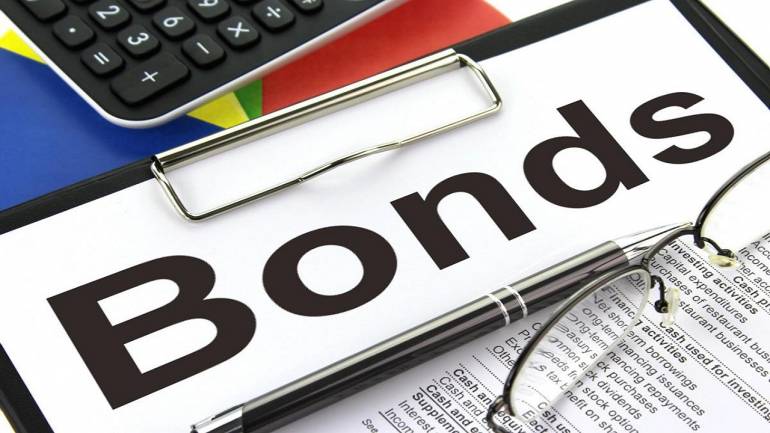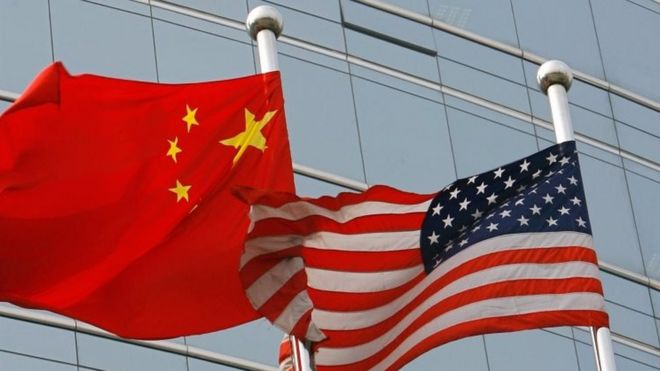The Debt Management Office (DMO) clarifies Nigeria’s public debt, refuting reports that President Bola Ahmed Tinubu inherited a N21 trillion debt, which allegedly escalated to N142 trillion. In a statement issued on Monday, the DMO confirms that the actual public debt as of June 30, 2023—following President Tinubu’s assumption of office—stands at N87.38 trillion.
The DMO explains that this figure includes both the external and domestic debt of the federal government, as well as the debts of the 36 states and the Federal Capital Territory (FCT).
“The total public debt as of June 30, 2023, was N87.38 trillion, not N21 trillion as reported in some media outlets,” the statement reads. “This includes the federal government and subnational debts across Nigeria.”
The DMO’s statement comes in response to widespread misreporting about Nigeria’s debt profile. Some media outlets had published claims suggesting the country’s debt was N21 trillion, creating confusion about the actual level of public debt inherited by the current administration.
The DMO stresses the importance of relying on verified official data to prevent the spread of misinformation, particularly concerning crucial issues such as national debt. “The headline circulating in the media stating, ‘How Nigeria’s Debt Rose from N21 Trillion to N142 Trillion under Tinubu’ is inaccurate,” the agency states.
The N87.38 trillion debt figure offers a broader view of Nigeria’s total public debt, accounting for both external borrowings from international financial institutions and domestic debt instruments like treasury bills and bonds. Analysts note that addressing the rising debt burden will require measures to increase revenue, reduce wasteful expenditures, and improve overall debt sustainability.
Nigeria’s debt servicing costs continue to increase, particularly due to the rising external debt. In the third quarter of 2024, the country spent 88.2% of its total expenditure on servicing multilateral debts, with creditors like the IMF and World Bank receiving the largest portion. Bilateral creditors, including China, accounted for the remaining 11.8%.
Nigeria’s total spending on multilateral debt servicing amounted to $712.66 million, which includes $593.88 million in principal repayments, $117.69 million in interest payments, and $1.1 million in other charges. Key beneficiaries of this debt servicing include the IMF, the World Bank, and the African Development Bank.
The Nigerian government’s 2025 budget, currently before the National Assembly, allocates N16.32 trillion for debt servicing out of a total proposed expenditure of N49.7 trillion. The DMO also points out the recent successful issuance of $2.2 billion in Eurobonds, which attracted over $9 billion in subscriptions, highlighting continued investor confidence in Nigeria’s debt instruments.
As Nigeria faces rising debt obligations, experts emphasize the need for comprehensive financial strategies to ensure long-term debt sustainability and improve fiscal management.













